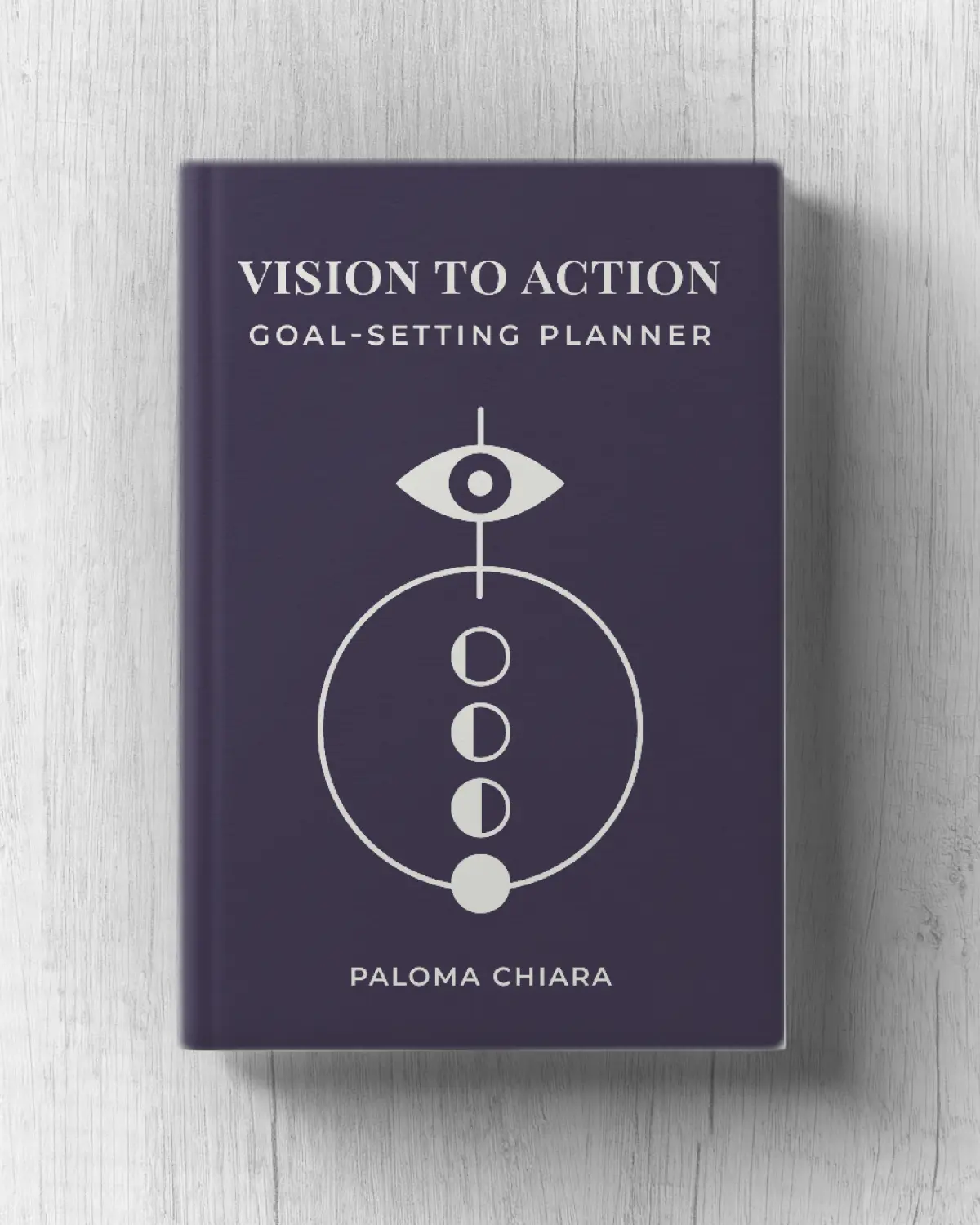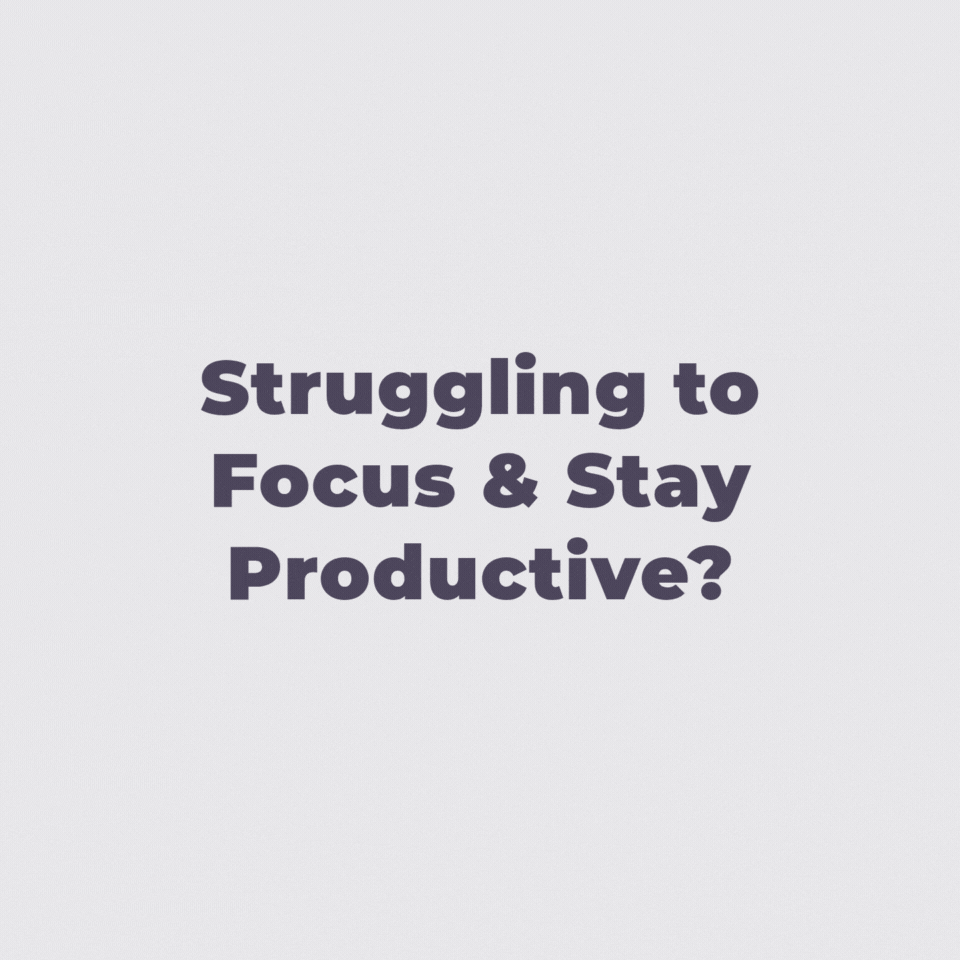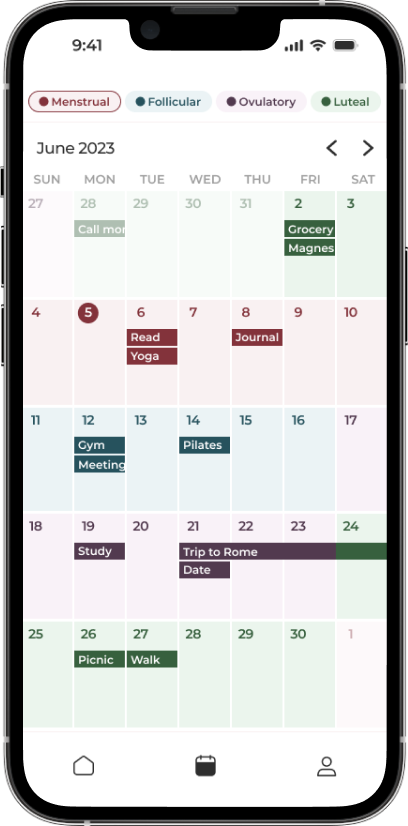Is It Okay to Have Doubts in a Relationship?

Doubts in a relationship are a common experience that many people face at various points. Whether you’re in a long-term partnership or just starting to get to know someone, it’s normal to have moments of uncertainty. However, it can be confusing and even distressing when these doubts arise. So, is it okay to have doubts in a relationship? The answer is yes, but it’s important to understand why they occur and how to address them in a healthy way.
Is It Normal to Have Doubts in a Relationship??
Yes, it’s completely normal to have doubts from time to time. Relationships are complex, and it’s natural for your feelings to evolve as you grow with your partner. Doubts don’t necessarily mean that the relationship is doomed or that you don’t care about the person. Instead, they might simply indicate that something needs attention, whether it’s a conversation, a change in behavior, or personal reflection.
Having doubts can also signal a deeper internal exploration. It could be a sign that you need to clarify your values, assess what you truly want from the relationship, or understand your own needs better.
Why Do Doubts Arise in a Relationship??
Doubts in a relationship can be triggered by a variety of factors. Some of the most common reasons include:
Fear of Commitment
The fear of being tied down to one person can trigger doubts, especially if you’re someone who values independence or has experienced past hurt in relationships.
Unresolved Conflicts
If there are ongoing issues in the relationship that haven’t been addressed or resolved, doubts can emerge. Communication breakdowns or unresolved disagreements often lead to uncertainty about the future.
Insecurity or Low Self-Esteem
If you feel unsure about your own worth or abilities, it might reflect in how you view your relationship. Doubts can surface when you question whether you’re good enough for your partner or if they’re truly invested in you.
Changes in the Relationship
Relationships are dynamic, and they naturally go through phases of growth and change. Sometimes, these transitions can make you question whether you’re still on the same path as your partner.
Attachment Styles
One important factor in why we experience doubts in relationships is our attachment style. Attachment theory suggests that the way we connect with others is influenced by our early relationships with caregivers. These early experiences can shape how we form and maintain adult relationships, including how we experience doubt and fear in romantic partnerships.
Avoidant Attachment
For individuals with an avoidant attachment style, doubts may arise when things start to get emotionally intense. People with avoidant attachment styles tend to value independence and can feel overwhelmed by too much closeness or dependence. They might question the relationship when they feel it is demanding too much emotionally, leading them to distance themselves or feel unsure about their feelings.
This style can create a cycle of emotional distance and doubt, as the person struggles with trusting the relationship to meet their needs without losing their independence. Understanding whether your doubts are driven by an avoidant attachment style can help you work through these issues and approach the relationship with greater openness.
Anxious Attachment
If you have an anxious attachment style, your doubts may stem from a fear of abandonment or not feeling loved enough. You may question whether your partner is truly invested in the relationship, even when there are no clear signs of trouble.
Secure Attachment
People with secure attachment styles generally feel more confident and comfortable in relationships, making them less likely to experience doubts. However, they can still experience doubts if there are specific challenges or unresolved conflicts in the relationship.
How to Handle Doubts in a Relationship?
The key to handling doubts in a relationship is not to ignore them but to address them thoughtfully and constructively. Here are some steps to help you navigate your feelings:
Reflect on the Source of Your Doubts
Take some time to think about why you’re feeling uncertain. Are the doubts coming from external pressures, past trauma, or something specific within the relationship? Understanding the root cause can help you separate personal insecurities from issues within the partnership.
Evaluate the Relationship
Take a step back and assess the overall health of the relationship. Are you happy with how things are progressing? Are your needs being met, and are you both putting in the effort to maintain a healthy connection? Evaluating your relationship can help you determine if the doubts are temporary or a sign of deeper issues.
Trust Your Intuition
Sometimes, doubts are a natural response to your inner intuition trying to communicate something to you. If something doesn’t feel right, it’s important to listen to that feeling and assess the situation. However, be cautious not to confuse doubts with irrational fears or anxiety.
Give Yourself Time
Don’t feel pressured to immediately resolve your doubts. Sometimes, stepping back from the situation and giving yourself time to process your emotions can provide the clarity you need. Rushing decisions in moments of doubt might not lead to the best outcomes.
When Doubts Could Be a Red Flag
While some doubts are natural and manageable, there are situations where persistent doubts could signal deeper problems in the relationship. If you consistently feel unsure about your partner, or if you notice a lack of trust, respect, or compatibility, it might be time to reevaluate the relationship. Red flags include:
- A lack of communication or emotional connection
- Constant anxiety or fear about the relationship
- Toxic behavior such as manipulation or control
- Frequent unresolved arguments or conflicts
If these issues continue, it may be a sign that the relationship isn’t a healthy or sustainable one.
Doubts are a natural part of any relationship, and experiencing them doesn’t necessarily mean that your relationship is on the verge of ending. It’s important to approach doubts with curiosity, openness, and a willingness to communicate with your partner. By reflecting on the source of your doubts, evaluating the relationship, and having honest conversations, you can work through uncertainties in a way that strengthens your bond.
However, if doubts persist and point to deeper issues that cannot be resolved, it’s essential to listen to your feelings and make decisions that prioritize your well-being. Ultimately, trust, communication, and mutual respect are key in determining whether the relationship is worth investing in long-term.
Relationship Coaching
If you’re feeling overwhelmed by relationship doubts or facing challenges in your partnership, I’m here to help. As a life coach, I specialize in guiding individuals through complex emotions and offering practical strategies to strengthen relationships. Whether you’re dealing with communication issues, attachment struggles, or simply seeking clarity, I can provide personalized support to help you navigate through it all. Don’t hesitate to reach out—I’m here to listen, offer insights, and help you create the healthy relationship you deserve.

Check out the Vision to Action Planner for only 6$
More infoStill waiting for the 'perfect time'?
Email me what you'd do if you stopped making excuses. We'll work backwards from there.
Let's startRecent posts
-
The Complete Guide to Becoming a High Achiever
Read blog -
How To Make a Positive Impact in Your Community
Read blog -
What Is the “Winter Arc” Challenge?
Read blog -
What Is "the Great Lock-In" and Should You Try It?
Read blog -
What Are the 75 Hard and Soft Challenges?
Read blog -
How to Validate Yourself
Read blog

The App Made To Sync Your Lifestyle to Your Menstrual Cycle.
A solution for women who are looking to keep track of what they sync to their cycles, such as fitness, diet, etc. by adding it to a calendar that also predict their phases.
Learn more





Comment